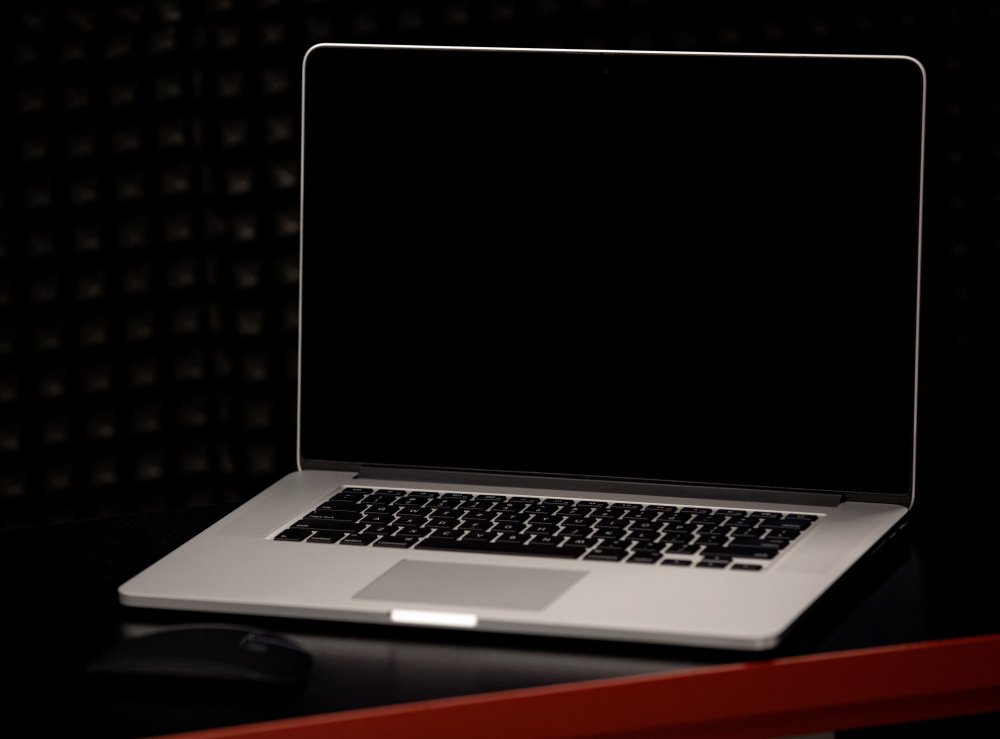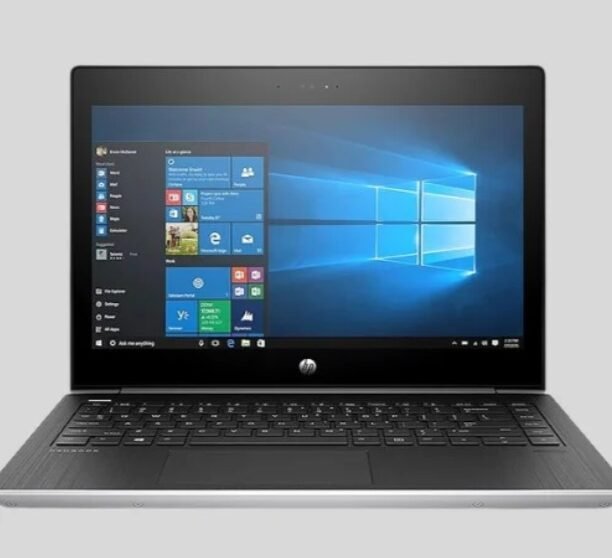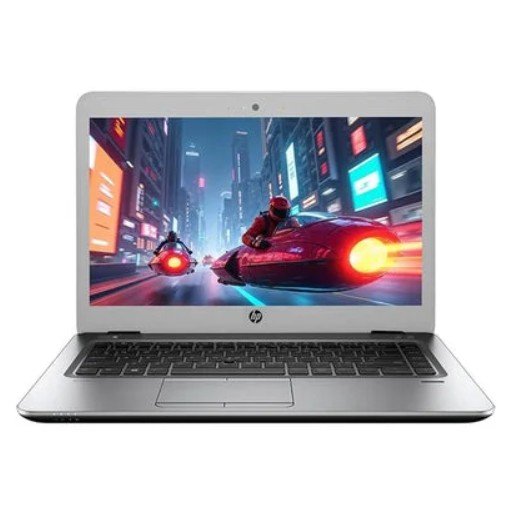In today’s evolving digital world, a laptop has become more than a personal device—it is now a daily tool for learning, earning, creating, and communicating. But purchasing a new one is not always within reach, especially for students, freelancers, and small businesses trying to balance performance and price. This makes the used laptop market in Ahmedabad an important space for practical and budget-friendly tech. However, buying a used laptop requires more than just comparing prices. A proper inspection is essential to ensure you are getting value for your money and avoiding hidden problems that may surface later. Whether you are buying your first laptop or replacing an old system, it is important to understand what makes a used laptop worth the purchase. By taking a careful approach, buyers can avoid most common errors that lead to disappointment. When shopping for a used laptop in Ahmedabad or walking into a trusted Used laptop shop Ahmedabad, the right preparation can help you leave with a reliable machine and peace of mind. Nuwara Technology shares detailed insights in this guide, based on real market experience and client expectations.
Why the Used Laptop Market in Ahmedabad Deserves Attention
The refurbished and used tech space in Ahmedabad has grown due to several factors. Educational institutions are embracing digital platforms. Work-from-home setups have become the norm. Small and medium businesses are expanding their digital footprint. All of this has increased the demand for affordable computing options. Used laptops allow users to access premium specifications—such as SSDs, Intel Core i5 or i7 processors, and HD displays—without the premium cost.
This demand has led to a rise in shops and individuals selling second-hand devices. But not every seller provides verified systems or proper testing before resale. That is where awareness becomes essential. You are not just buying a product; you are investing in productivity, efficiency, and daily usability.
Judge a used laptop before buying
One of the most direct ways to judge a used laptop is to inspect its physical body. Start with the build quality and structure. Check the screen edges, laptop hinges, keyboard condition, and surface texture. Do the hinges open smoothly without creaking? Are there any deep scratches or unusual bends in the frame?
Do not hesitate to press each key on the keyboard. Uneven pressure or a delayed response could signal worn-out keys. Move your eyes slowly across the display and observe any cracks, backlight bleeding, or discoloration. Even if the seller has cleaned the device, traces of misuse are often found in hinge joints, ports, or touchpad responsiveness.
The screen should display brightness evenly, and no dead pixels should be visible. Also, observe how the device rests on a flat surface. Uneven balance might hint at internal issues, warped body panels, or past liquid damage.
Power Up and Performance: Initial Boot Test
After checking the body, turn on the laptop and pay attention to how quickly it powers up. A long boot time can suggest either a slow hard drive, outdated hardware, or software bloat. Modern systems equipped with SSDs typically boot within 10–15 seconds. Slower startups might mean the system has not been maintained or upgraded.
While booting, note whether the fan makes excessive noise or if the body heats up rapidly. Some heating is normal, but excessive warmth in the keyboard or palm rest area may indicate a thermal issue. Keep the system running for about 10 minutes and perform basic tasks—open the browser, type in a document, or play a short video clip. This gives you an understanding of its real-time performance and usability.
Display Quality: Checking Beyond the Obvious
A laptop screen is the primary interface you will engage with every day, so its quality and health should never be overlooked. While minor scratches on the outer bezel may be harmless, issues like screen flickering, color distortion, or ghosting lines must be examined carefully.
It is also wise to check for display issues using both dark and light backgrounds. Flickering pixels or irregularities often appear only during certain color contrasts. Test full-screen video playback to evaluate resolution clarity, screen refresh smoothness, and audio-visual coordination.
On touchscreen laptop models, swipe your fingers across the top, bottom, and sides to confirm touch accuracy. Inconsistent touch detection in specific areas may suggest sensor issues that are costly to repair.
Battery and Charging: Do Not Overlook the Power Source
Battery health is one of the most common concerns in used laptops. A weak or failing battery can turn a portable machine into a device that only works near a power outlet. First, ask whether the battery is original or replaced. Many sellers replace original batteries with compatible third-party versions to cut costs.
Plug in the charger and observe whether the laptop charges smoothly. The charging port should not be loose, and the device should recognize the adapter without effort. Let the battery charge to 100%, then unplug it and use the system. A healthy battery should last at least one to two hours during light usage.
Check for signs of sudden shutdown, abnormal heating while charging, or errors related to power supply. Battery replacement can be expensive and should be considered before finalizing your purchase.
Ports and Peripherals: Testing Real-World Functionality
Laptops are meant to interact with other devices. This means you need to ensure that all physical ports are working properly. Start by connecting a USB device to each available port. Then try an HDMI cable connected to an external monitor, even if you do not plan on using one regularly. These ports are often used in professional settings, such as client presentations or dual-display setups.
Also test the following:
-
Audio jack using headphones
-
SD card slot with a card or adapter
-
Bluetooth and Wi-Fi connectivity
Even a well-functioning laptop loses its appeal when half of its ports are inactive. A thorough check avoids frustration later when you need to plug in peripherals and realize the system has limitations you did not anticipate.
Internal Configuration: Knowing What’s Inside
One of the easiest mistakes to make during a used laptop purchase is trusting that the specs displayed on stickers are accurate. Always cross-check them in the system settings. Go to System Information or use trusted third-party software to validate the processor model, installed RAM, hard drive or SSD size, and graphics card.
Also, verify the operating system and its activation status. A laptop running Windows without activation may work temporarily but will eventually display errors and lose access to updates. Inquire whether the laptop comes with an activated version of Windows and if a recovery option is available.
Nuwara Technology ensures every system has original specifications and genuine software licenses. Buyers receive transparency, proof of specification, and licensing verification.
Clarifying Common Concerns
Q: How old should a used laptop be before considering it outdated?
A: Ideally, a laptop less than five years old is a good candidate for buying used, especially if it has been upgraded with SSD storage and enough RAM. Laptops older than six years may have outdated chipsets that cannot support modern software efficiently.
Q: Can I upgrade a used laptop later on?
A: In many cases, yes. Most laptops allow RAM and storage upgrades. However, ultra-thin models may have soldered components. Always check whether the model you are buying supports hardware upgrades.
Q: Are used laptops suitable for gaming or content creation?
A: That depends on the configuration. A used laptop with a dedicated graphics card and a strong processor can handle creative and gaming tasks. However, ultra-budget systems are better suited for basic tasks like browsing, documentation, and streaming.
Q: Do sellers offer warranties on used laptops?
A: Some do. At Nuwara Technology, every device is sold with a limited period of warranty and post-sale support. It is important to buy only from shops that stand by their devices after the transaction.
Software and Security: Not Just About Hardware
Another critical element that buyers often overlook is software security. A used laptop may still have data from the previous user or unlicensed software installed. Request a full format and clean installation of the operating system before accepting the device.
Ensure that:
-
Antivirus is active and not expired
-
Operating system is legally activated
-
Old user accounts have been removed
-
BIOS or admin passwords have been cleared
Buyers who skip this stage often find themselves locked out of settings or facing privacy issues later. Nuwara Technology follows a strict policy of formatting every system and performing a clean installation before sale.
Post-Purchase Advice: Build a Stable Digital Foundation
Once the laptop is purchased, buyers should immediately set up their system for secure use. Create a new administrator account, update all drivers, install necessary software, and activate data backup options. Maintaining your used laptop from the beginning reduces the risk of future issues and enhances its lifespan.
Schedule regular cleanups, avoid downloading unverified applications, and monitor the system temperature when using heavy applications. Taking care of your laptop from day one will reward you with consistent performance and reliability.
The Nuwara Promise: Confidence in Every Purchase
Ahmedabad’s refurbished laptop market offers a wide range of devices. But not every product in the market carries the guarantee of quality. Buyers often experience short-lived satisfaction followed by unexpected repair costs. That is why Nuwara Technology has built a process that emphasizes trust, testing, and transparency.
Every laptop sold is:
-
Thoroughly tested across more than 30 parameters
-
Equipped with genuine software and activation
-
Backed by a limited warranty
-
Reviewed for both cosmetic and internal quality
It is not just about making a sale—it is about ensuring you walk away with a system you can rely on.
Summary: Inspection Is the Key to a Smart Buy
Buying a used laptop can be one of the most practical decisions in today’s economic and digital climate. It allows access to computing power without the high cost of new devices. But the value of such a decision depends entirely on how well you inspect and test the machine before completing the purchase.
From evaluating the physical condition and performance to verifying software legitimacy and battery life, every aspect contributes to the experience that follows. By keeping your checklist clear and expectations aligned with the actual inspection, you can avoid common pitfalls and enjoy a hassle-free laptop journey.
When you partner with professionals like Nuwara Technology, the burden of technical inspection and trust shifts from the buyer to the brand. You get the assurance of tested performance, clean software, and warranty-backed devices.
Ahmedabad’s tech-savvy community deserves quality, reliability, and peace of mind—even in the used laptop segment. Before committing to any purchase, empower yourself with the knowledge to inspect thoroughly and choose wisely. Whether it is for school, business, freelancing, or personal use, a used laptop should support your goals without compromise.
Ready to explore top-quality laptops that pass every test? Visit Nuwara Technology—Ahmedabad’s trusted Used laptop shop Ahmedabad—and experience dependable technology with honest value. Let your next device come with certainty, not second guesses.




